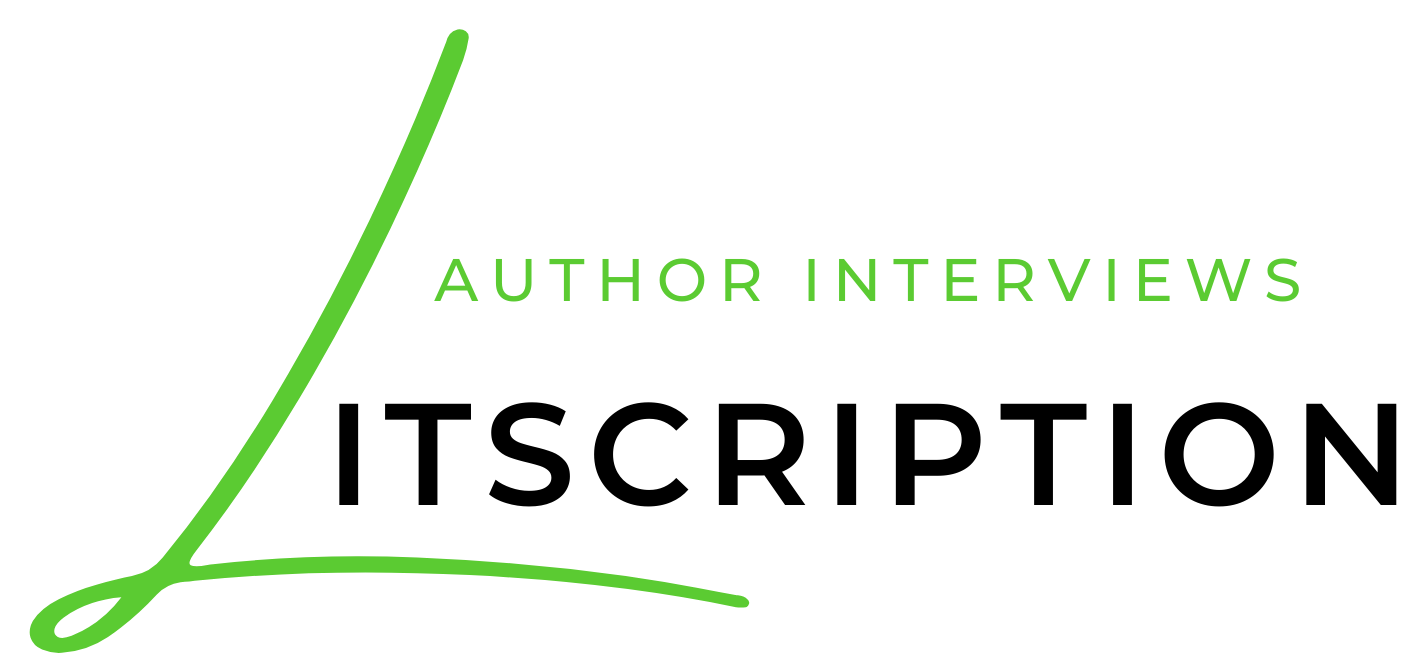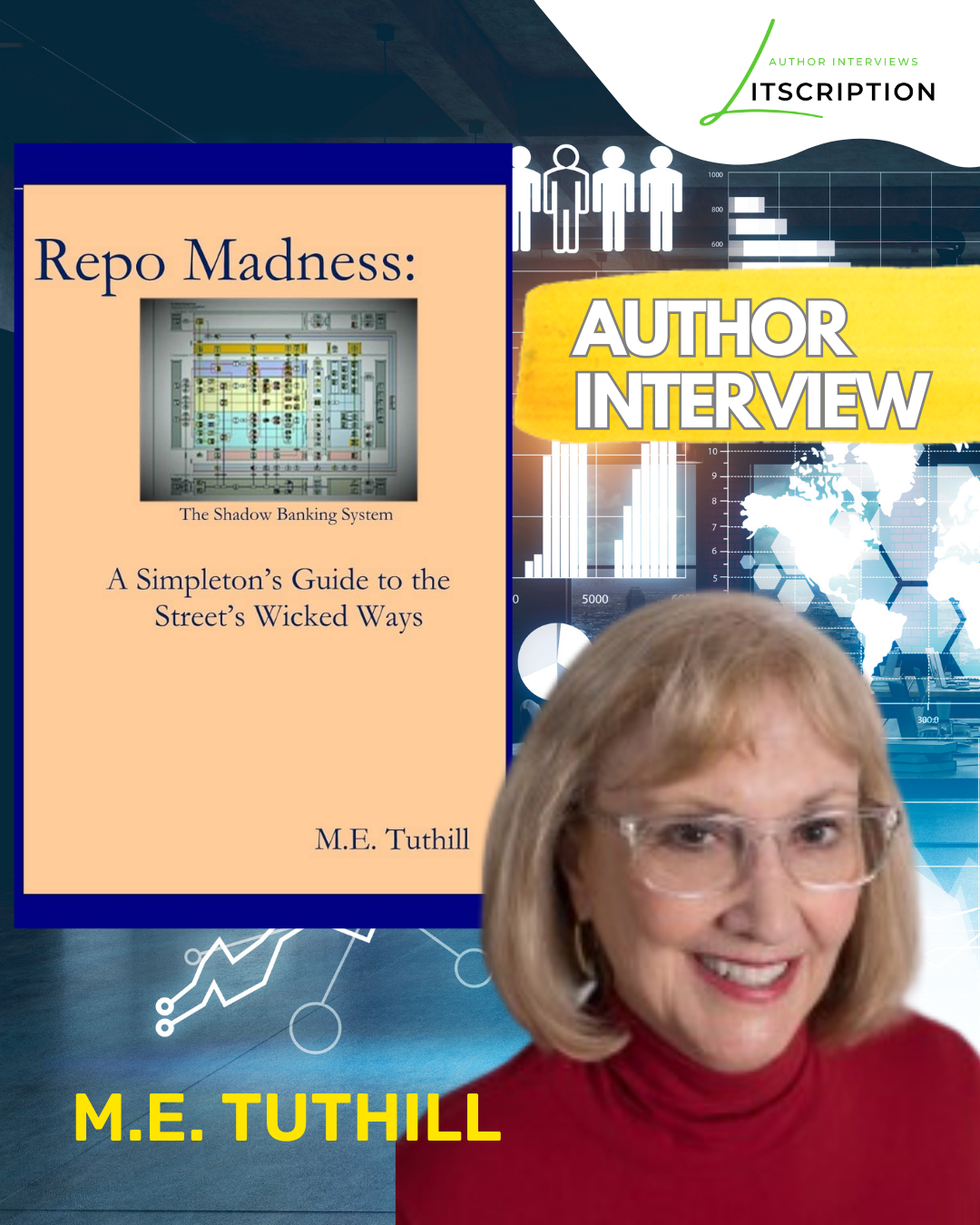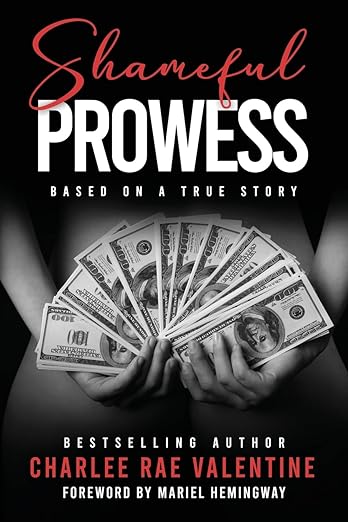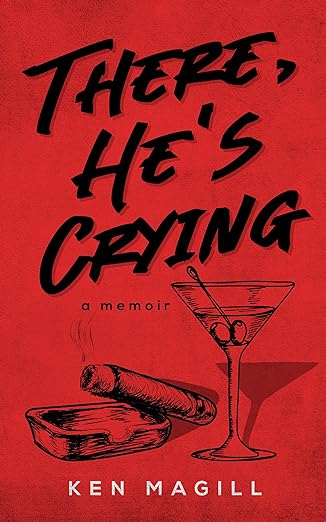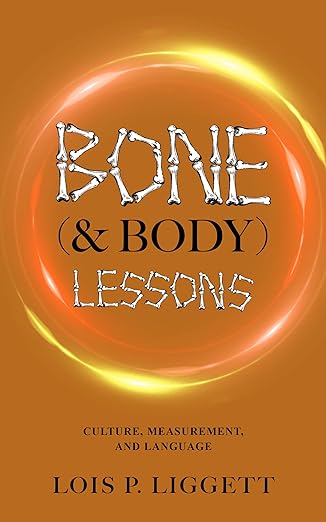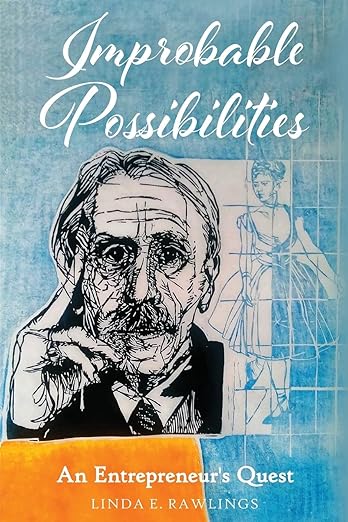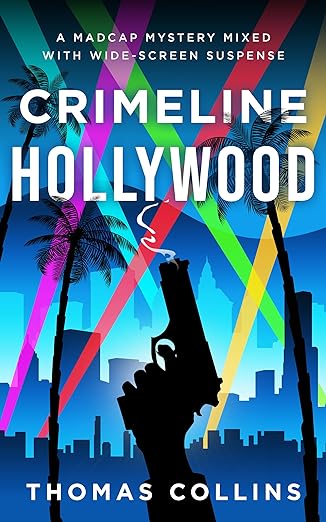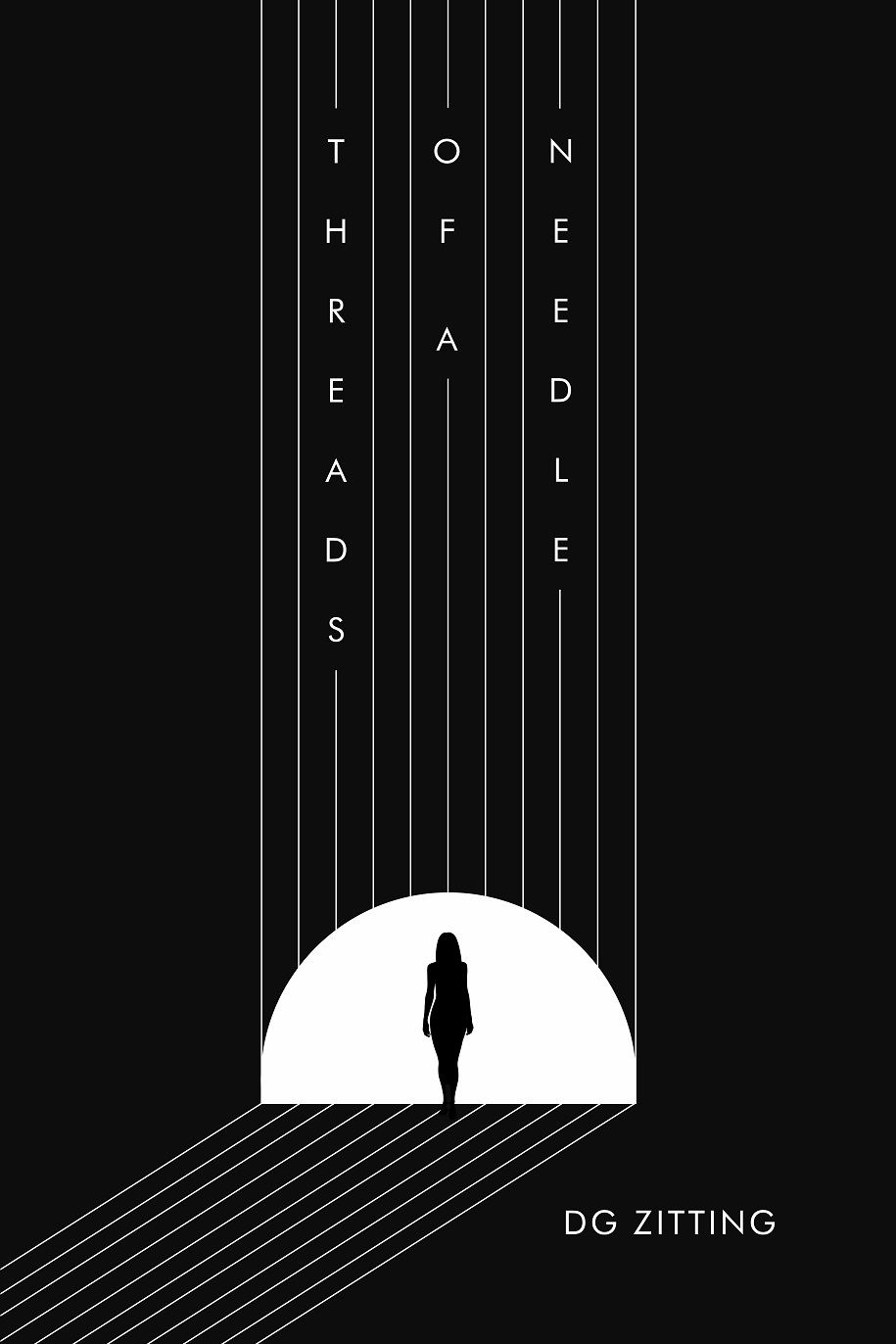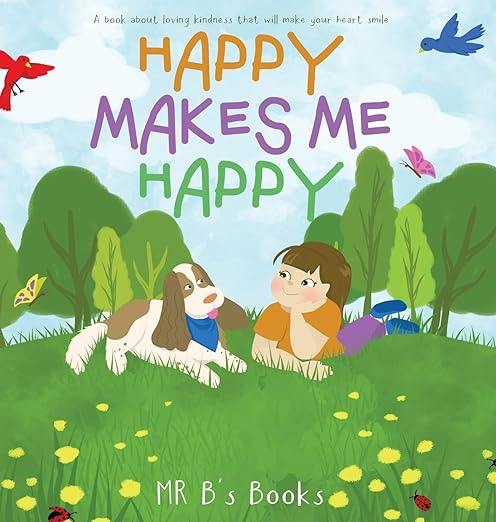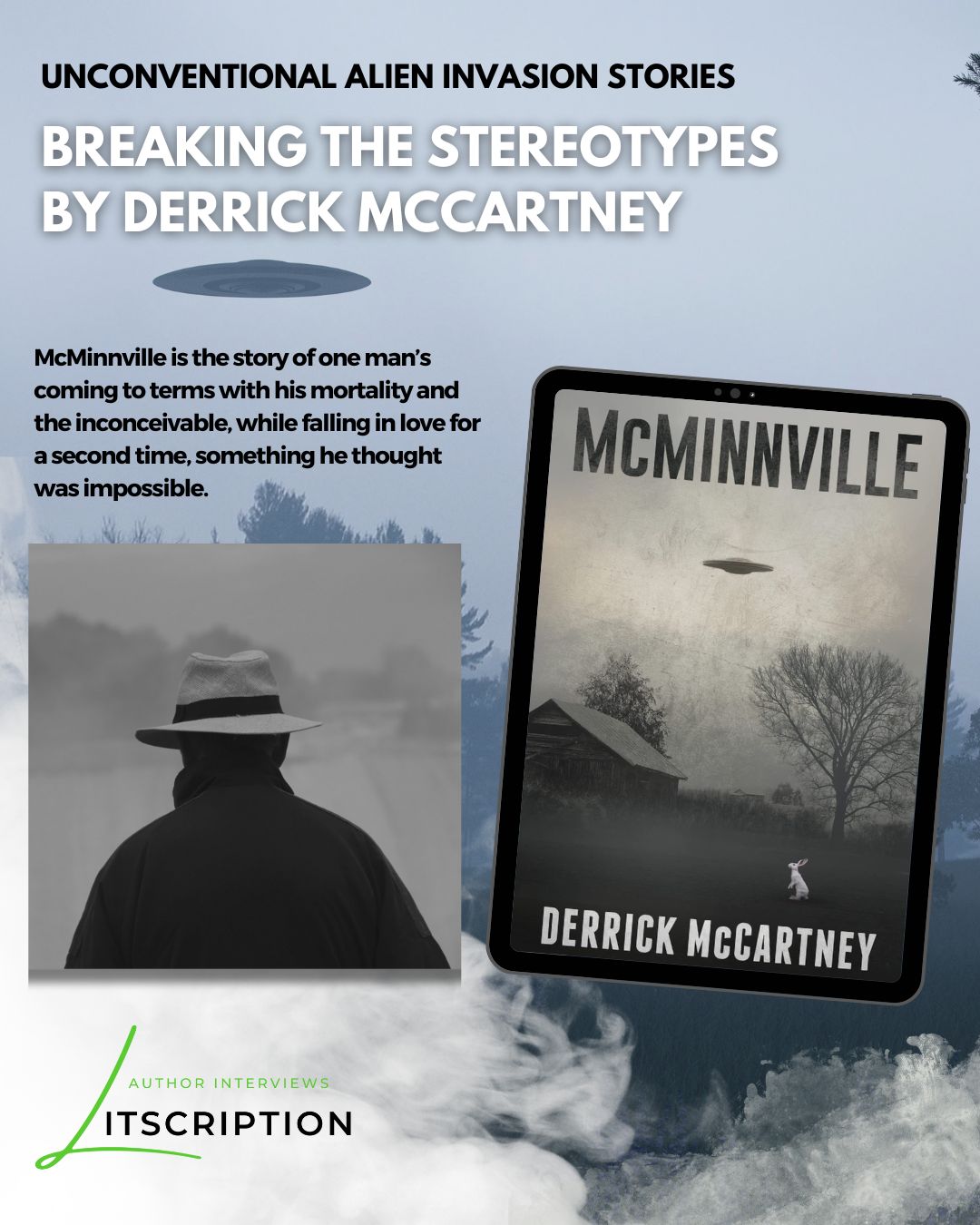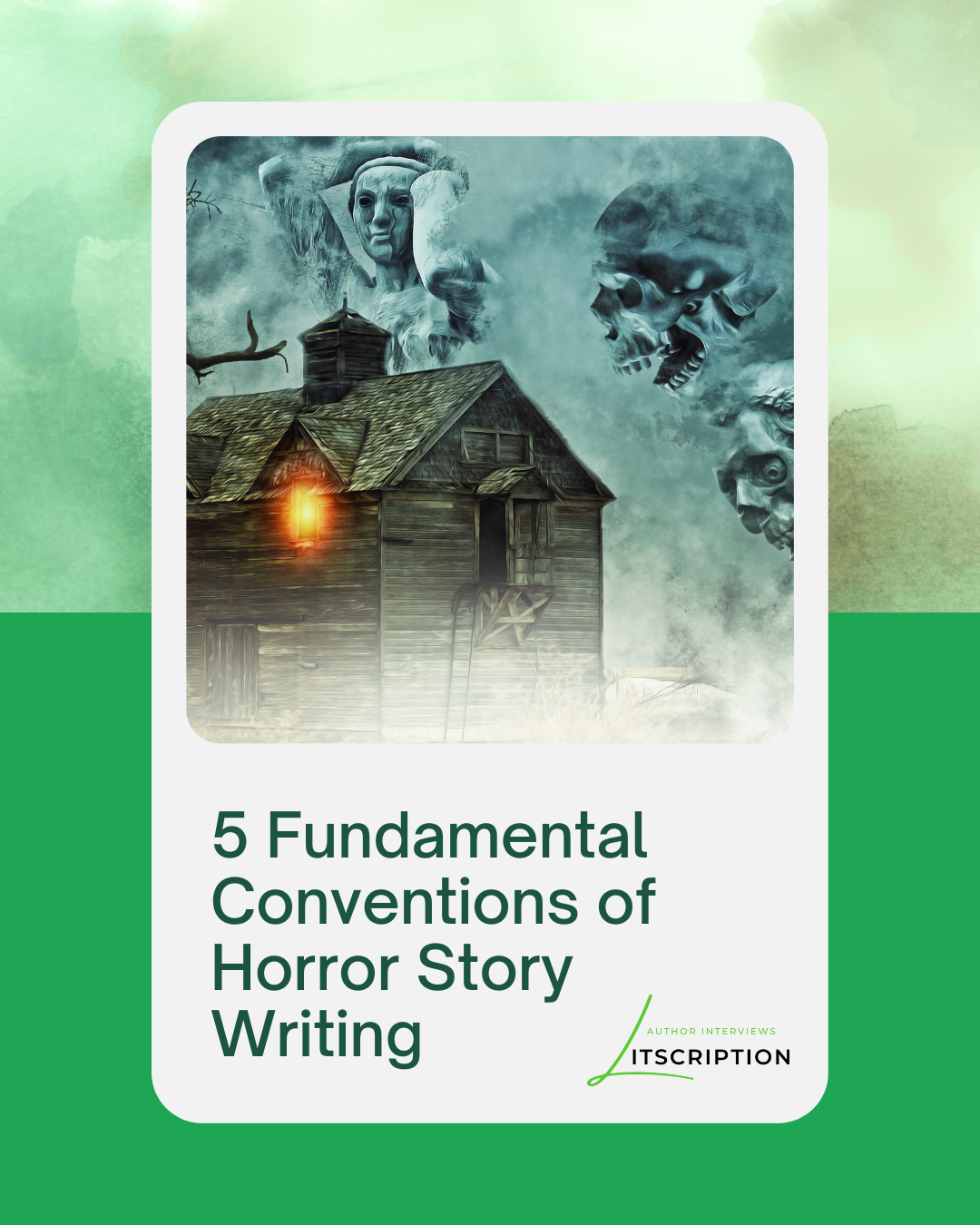Here we share with you readers, our revealing interview with M.E. Tuthill, the keen mind behind Repo Madness: A Simpleton’s Guide to the Street’s Wicked Ways. In her book, Tuthill peels back the layers of shadow banking, unraveling its transformation into an unwieldy and voracious system that quietly damaged our economy. With years of devoted research, she brings forth undeniable evidence that this system does not serve the interests of society, uncovering the candid admissions of industry insiders who acknowledge its broken nature and the profound costs it imposes. Today, we delve into the insights and revelations she shares, to bring the shadow banking beast into the light.
Can you tell us a bit about yourself and what inspired you to write Repo Madness: A Simpleton’s Guide to the Street’s Wicked Ways?
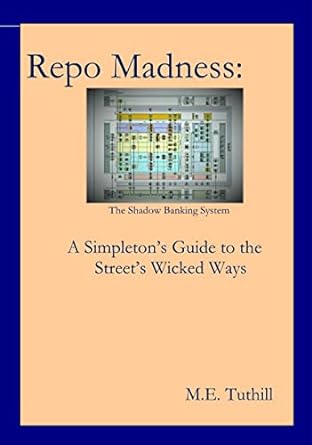 Sure, I was born and raised outside of Boston. Education had always been very important in my family. I would go on to earn three degrees, a BA in American History, a MA in American Studies and a MS in Communications. Until I was 40, I was what I refer to as a literary person. I liked books, I cared about social issues, and along the way worked as a journalist. Then at 40 I entered the world of finance and learned what I thought was a lot about it. I was a stockbroker and an advisor, and yet, it would turn out even after 13 years I knew nothing about the largest securities market in the world-the repo market, or repurchase agreement market. You indicating I was researching repossession validates my view that this gargantuan remains a secret. Long story short, in 2006 I quit being an advisor and became a professional financial writer. This enabled me to study the shadow banking system and report on repo which at $13 trillion and rising is the primary delivery system for transactions that occur in the trillions every day spilling profits for the fortunate few at the expense of the many.
Sure, I was born and raised outside of Boston. Education had always been very important in my family. I would go on to earn three degrees, a BA in American History, a MA in American Studies and a MS in Communications. Until I was 40, I was what I refer to as a literary person. I liked books, I cared about social issues, and along the way worked as a journalist. Then at 40 I entered the world of finance and learned what I thought was a lot about it. I was a stockbroker and an advisor, and yet, it would turn out even after 13 years I knew nothing about the largest securities market in the world-the repo market, or repurchase agreement market. You indicating I was researching repossession validates my view that this gargantuan remains a secret. Long story short, in 2006 I quit being an advisor and became a professional financial writer. This enabled me to study the shadow banking system and report on repo which at $13 trillion and rising is the primary delivery system for transactions that occur in the trillions every day spilling profits for the fortunate few at the expense of the many.
What drew you to this particular subject matter, and what kind of research did you undertake to ensure accuracy in your writing?
Initially writing about money-market mutual funds, I was drawn to how they were constructed. Made up of short-term collateralized loans, they offered liquidity or ready cash to the banks and other institutions that used them. I came to understand that this system was in my view deleterious to the public because it was secret, it offered the huge banks et al. the chance to use the ready cash for arbitrage, in other words, betting. In my view the trillions that travel within this enclosed system have been diverted from Main Street and in turn, have wreaked havoc on the real economy (I source experts in the book making the same claim) I believe it is insane. In all I spent 15 years researching this topic. Sources are cited throughout my book and further evidence of its accuracy may be found in an enthusiastic review from Mary Fricker of RepoWatch.org. Mary is considered to be an expert on the topic.
The title of your book, Repo Madness, suggests a wild and intense journey. What can readers expect from this book in terms of storytelling and themes?
It is wild in way, considering that back in the early eighties the Federal Reserve was talking about a system out of control and a system unable to acknowledge vulnerabilities within it. The reader is taken for a ride, along the way learning that the events that took place in 2008 were predicated on decades of activities outside the purview of regulators. And if by chance, any aspect arose that would threaten its existence, Congress stepped in to grease the skids. Along the way, the reader for the first time will be shown exactly what’s behind the curtain. How repurchase agreements are a drug fueled on debt to serve as collateral. My book is unique in that unlike any other, it explains the mechanics. Recently, I shared how those complaints about the trillions spent on “forever wars” can be understood. Regular folks can visualize the weapons, contractors etc. In repo’s case this isn’t so, yet trillions are spent on this nefarious system. Folks just plain don’t know about it and my goal is allow them to “visualize” it. A first step toward its eradication.
What challenges did you face while writing this book, and how did you overcome them?
 A constant challenge throughout my writing career and in writing the book is just how to communicate this incredibly complicated topic. When I first started writing about it, I was extremely nervous about my interpretation of things. It took years for me to get on a firm footing even though my reporting from the beginning was always on point without errors. I was still nervous; the market was so big with so many instruments containing moving parts. Even writing the book, I still had that lurking self-doubt. All that was erased when Mary Fricker, who I previously mentioned, gave it a huge thumbs up! She bought five copies to send to members of Congress, who she maintains are woefully uninformed on the subject.
A constant challenge throughout my writing career and in writing the book is just how to communicate this incredibly complicated topic. When I first started writing about it, I was extremely nervous about my interpretation of things. It took years for me to get on a firm footing even though my reporting from the beginning was always on point without errors. I was still nervous; the market was so big with so many instruments containing moving parts. Even writing the book, I still had that lurking self-doubt. All that was erased when Mary Fricker, who I previously mentioned, gave it a huge thumbs up! She bought five copies to send to members of Congress, who she maintains are woefully uninformed on the subject.
Could you share any interesting anecdotes or experiences from your research or writing process that had a significant impact on you personally or on the direction of the book?
Well on a personal note, I was in a bad marriage. During the roughest spots I would retreat to my room and devour articles, studies, and myriad other reports on shadow banking. I would categorize them in boxes. I never really thought I would actually write a book. I just kept reading, sorting, and trying to understand it all. Then after the divorce I had all these boxes so I thought I would cull the most compelling material and share it with the world and that’s what I did.
Repo Madness is described as a Simpleton’s Guide. How did you balance providing accessible information for readers who may be new to the subject matter while also keeping it engaging for those already familiar with repossession?
Your presumption that “repo” refers to repossession is illustrative of just how successful the government and investment banks have been in keeping repurchase agreements below the radar, out of public view. In terms of the book, I have done my best but unsure if I have totally succeeded when it comes to explaining all this material. All I can ask is that readers who are completely unfamiliar with the material take a page from my book and seek out clarification elsewhere that will perhaps provide further clarification. It is well worth it as the second half of the book draws not from esoteric financial instruments but ethical economists who agree with me that all of this is in fact crazy and has hurt our real economy in innumerable ways and continues to do so.
What do you hope readers will take away from Repo Madness? Are there any key messages or lessons you aim to convey through your writing?
Yes, I want them to say “Wow!” I am disclosing the existence since the late seventies/early eighties of a secret. You will never read about it in the mainstream media. Over 15 years of research I came across one, just one politician who even uttered the words “repurchase agreement.” That was New York Mayor Koch in the mid-eighties. One! This is a $13 trillion market whose sole purpose is to enrich the fortunate few at the expense of the many. I also share real reforms that are being put forth though, they are not surprisingly suppressed by the mainstream media. In sharing these reforms, I like to think I leave the reader with a hopeful note.
Are there any specific authors or books that have influenced your writing style or approach to storytelling?
Not one specifically though I am a voracious reader and have read many, many books on the Great Financial Crisis. I tried to differentiate myself from these authors by focusing on a more conversational style. Coming across as though I was having a conversation with the reader, peppering it with humor and my observations.
How do you see Repo Madness fitting into the larger landscape of books about finance, business, or personal development? What sets it apart from other works in this genre?
It is unique as an introductory book to the entire course of study. And that is how it was meant to be written. I do not believe there is another book like it that deconstructs the basic tenets of shadow banking: repurchase agreement, collateral, and securities lending. There are great papers referenced throughout that any reader can access online. It is also unique in combining this with social commentary from renowned economists who are likeminded when it comes the current system: it is injurious to the real economy.
Finally, do you have any future writing projects or ideas that you would like to share with your readers?
I have a self-published poetry book The Linen Man & Other Poems. My poems rhyme and people seem to like them for that reason. Narcissism is also a subject of interest for me and I will probably be writing along those lines in the future.
Purchase Repo Madness: https://amzn.to/3tDIA3W
